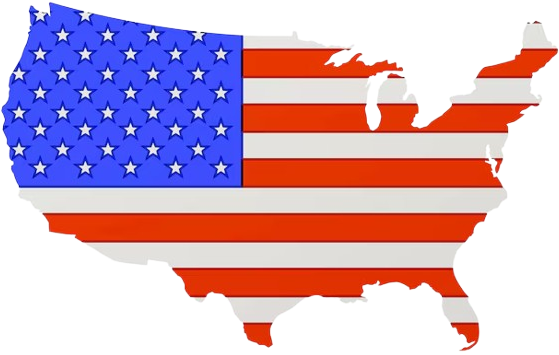Shipping paint thinners and removers requires careful planning due to their hazardous nature. These substances are typically flammable and may pose environmental risks if not handled properly. Understanding the appropriate freight class and adhering to safety protocols are vital to ensure safe and cost-effective transportation.
Understanding Freight Classifications for Paint Thinners & Removers
Freight class is determined by the National Motor Freight Classification (NMFC) system. For paint thinners and removers, freight class typically ranges from 55 to 85, depending on their density, ease of handling, and stowability. Correct classification is essential to avoid unexpected costs and ensure compliance with safety regulations.
Choosing the Right Shipping Method
Choosing the appropriate shipping method is crucial when dealing with hazardous materials like paint thinners and removers. Freight Sidekick offers various shipping options that cater to different needs:
- Full Truckload (FTL): Ideal for transporting large quantities. Options include Dry Van and Flatbed trailers.
- Less Than Truckload (LTL): Suitable for smaller shipments. It allows sharing space with other cargo, reducing costs.
- Partial/Shared Truckload: Perfect for shipments that don't require a full truck but are too large for LTL.
Packaging and Safety Procedures
Proper packaging is mandatory to ensure the safe transit of paint thinners and removers. Employ UN-rated containers that are specifically designed for hazardous materials. Secondary containment systems are also recommended to contain spills.
- Use UN-certified drums or cans designed for flammable liquids.
- Secure lids and seals to prevent leaks.
- Apply clear labeling with hazard warnings.
- Follow legal requirements for packaging hazardous materials.
Tips for Cost-Effective Shipping
Shipping costs for hazardous materials can be high, but these strategies can help reduce expenses:
- Consolidate shipments to maximize the use of truck space.
- Utilize LTL shipping for smaller shipments to cut costs.
- Accurately classify freight to avoid surcharges.
- Plan routes using our Shipping Time Calculator to optimize transit times.
Insurance and Liability Considerations
Given the potential hazards associated with paint thinners and removers, securing adequate insurance is a smart move. Ensure that your shipment is covered for incidents like spills or leaks that could lead to liability issues. Working with an experienced freight broker can help negotiate better insurance terms.
Get Personalized Assistance for Shipping Paint Thinners & Removers
For tailored solutions and expert guidance, Freight Sidekick is here to assist. Get a quote today, call us at 877-345-3838 or email support@freightsidekick.com.











